MIßTRAUEN
Laura Schawelka & Hong Zeiss
DEC 7, 2023 – JAN 27, 2024
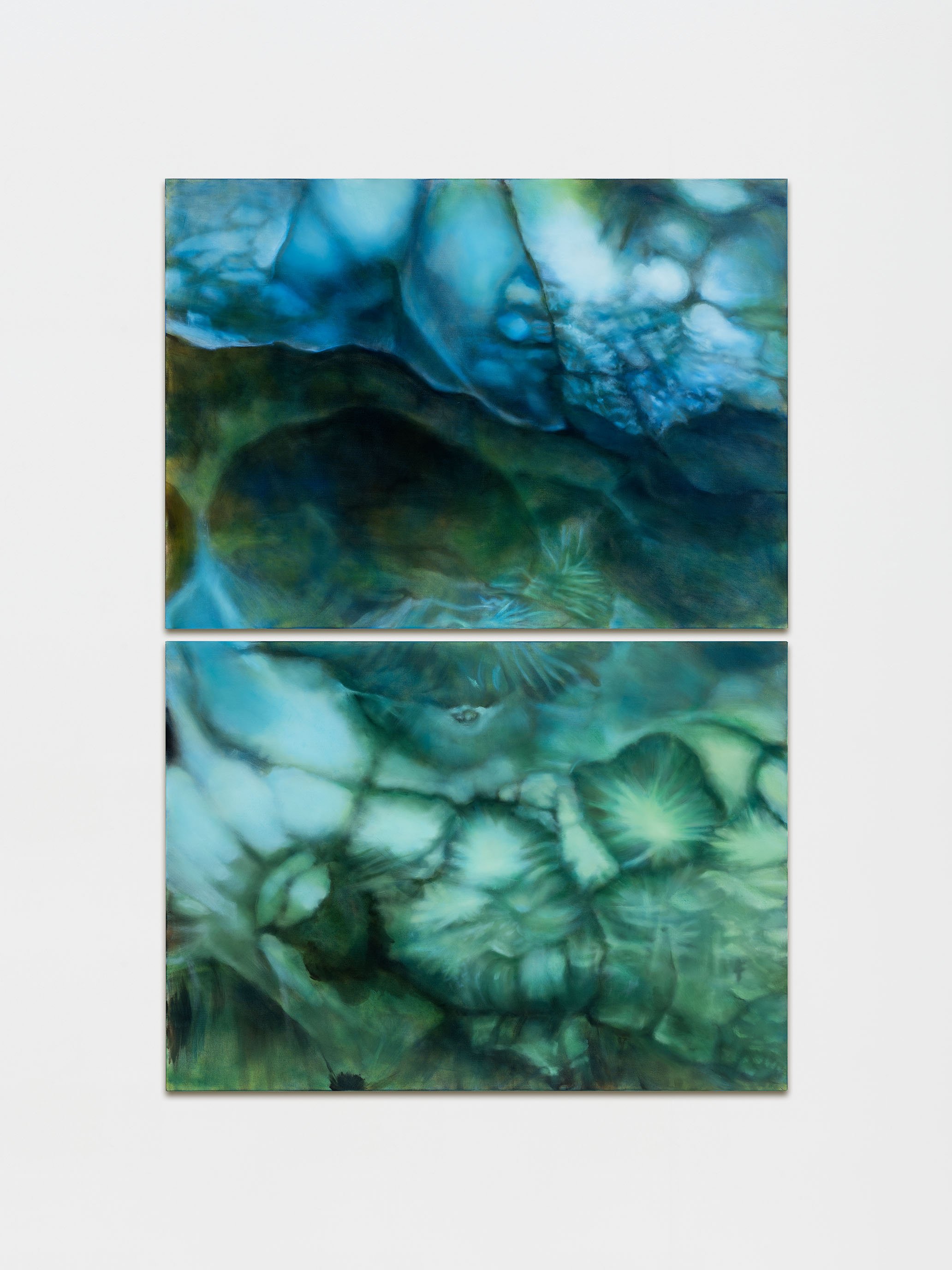
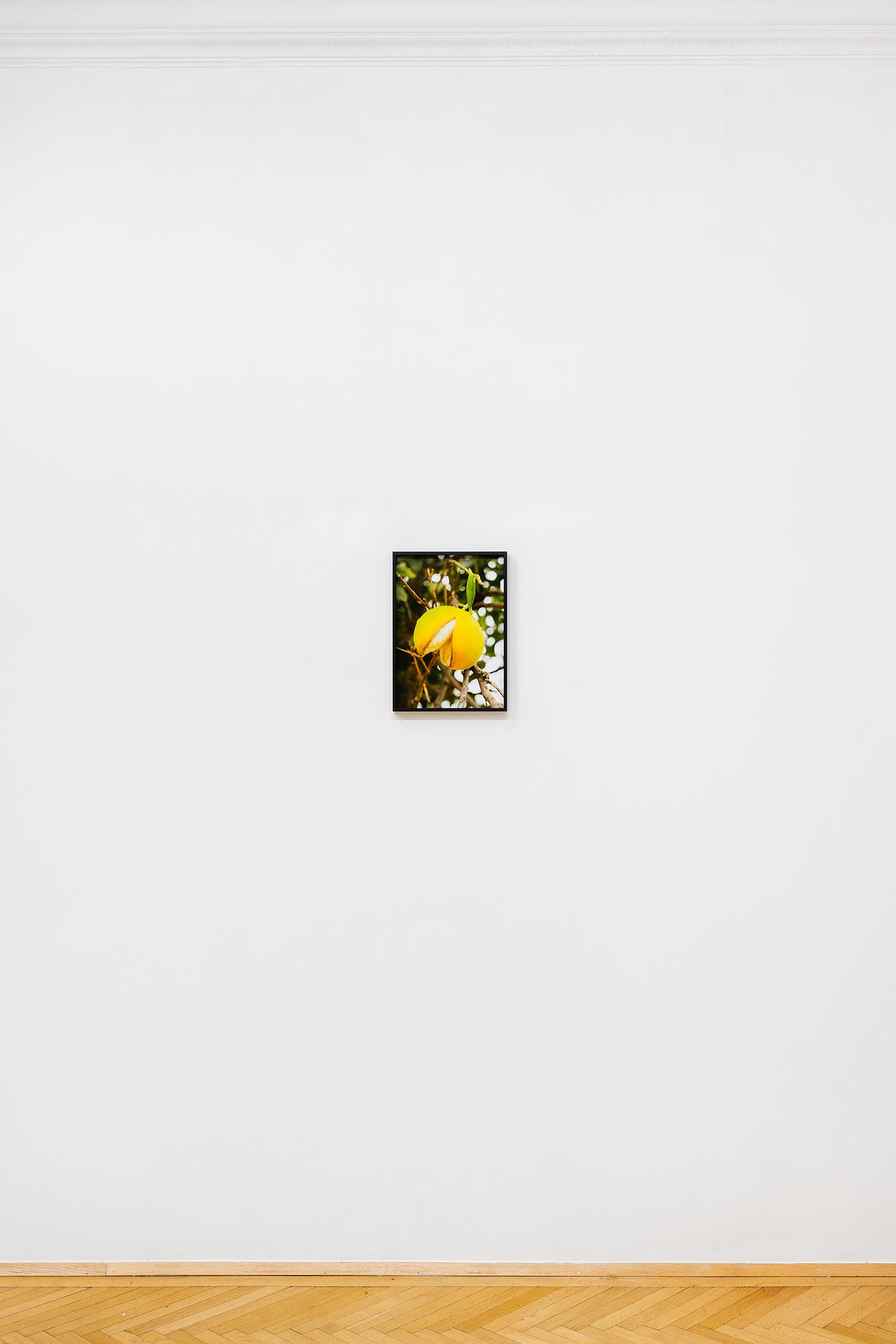
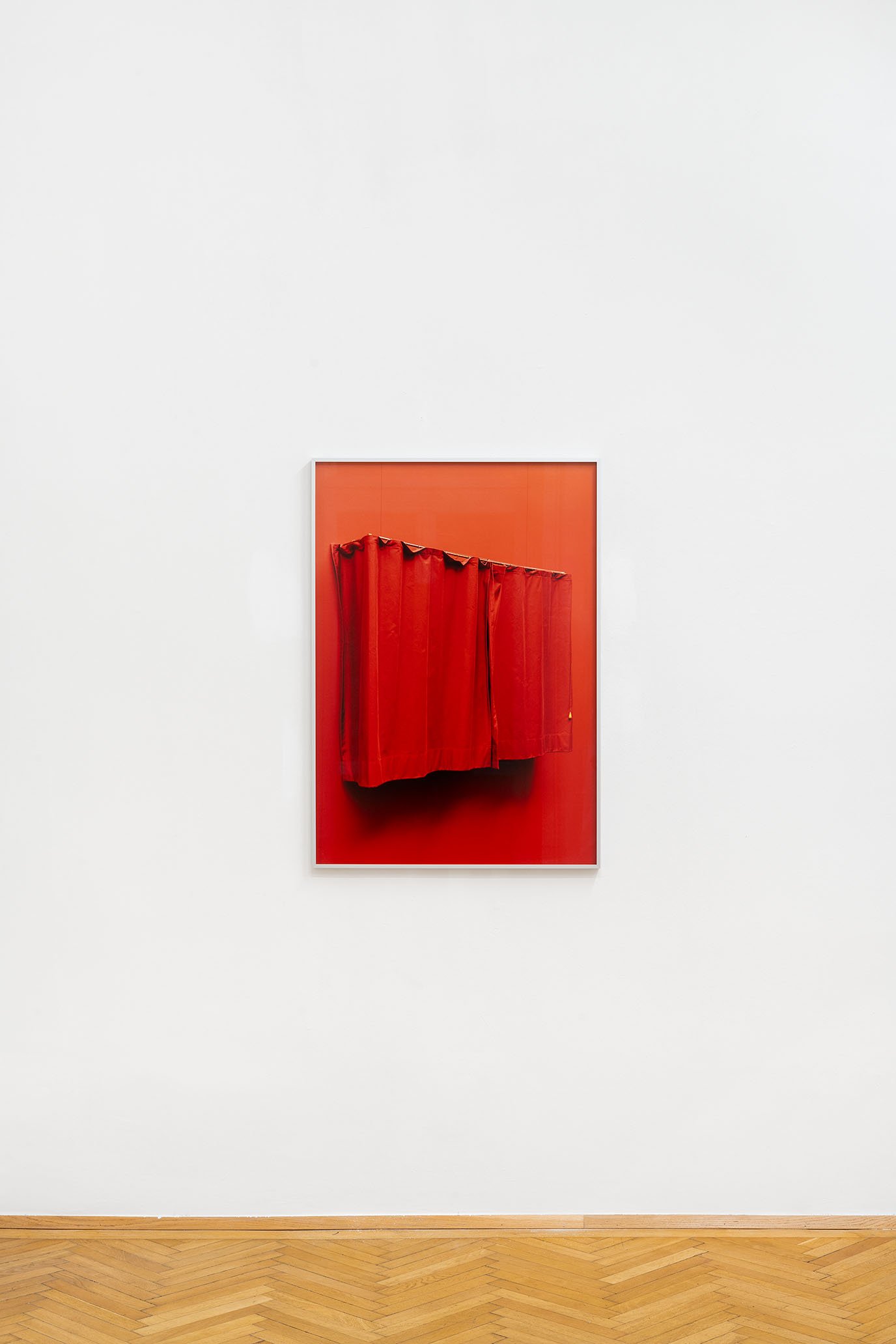
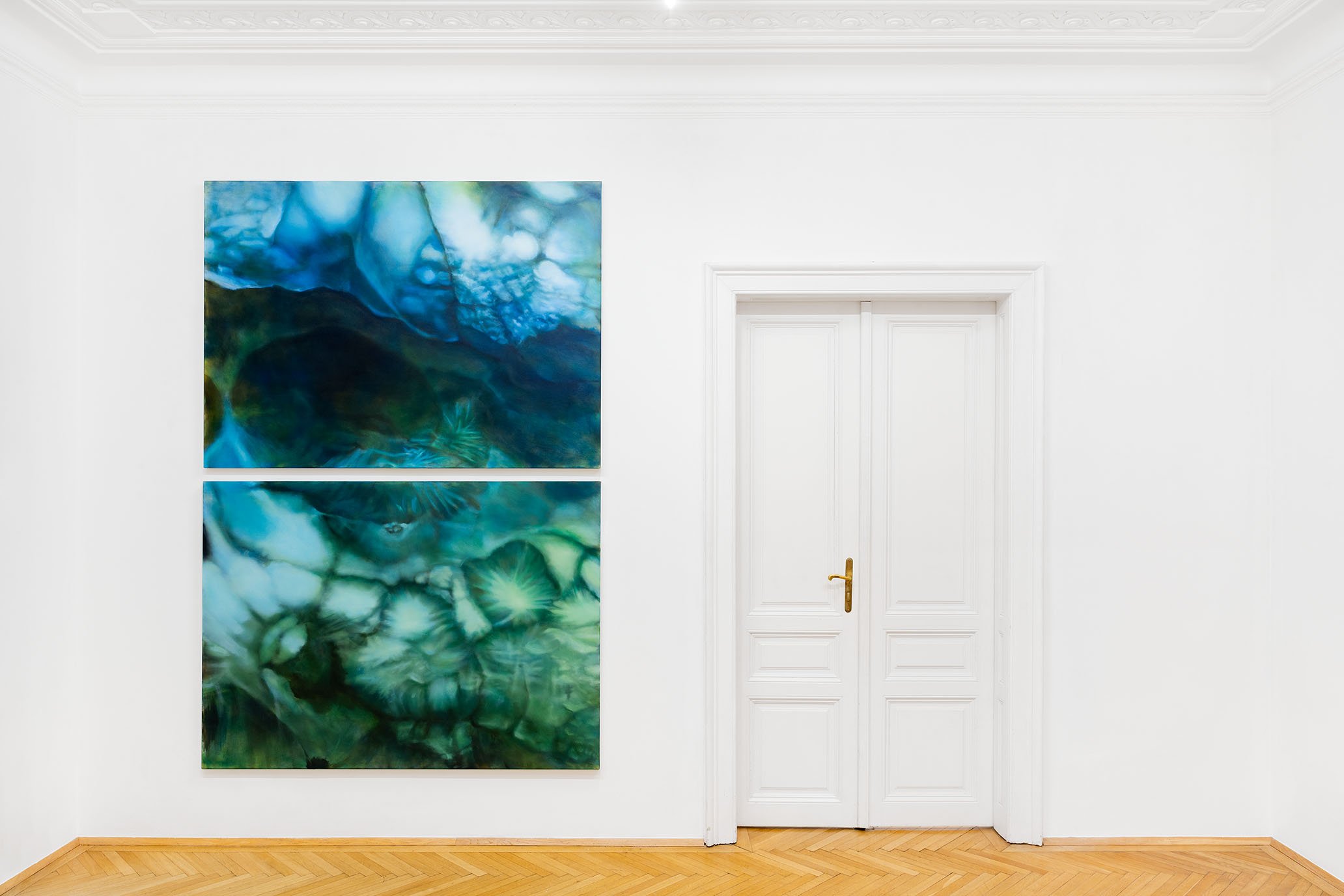
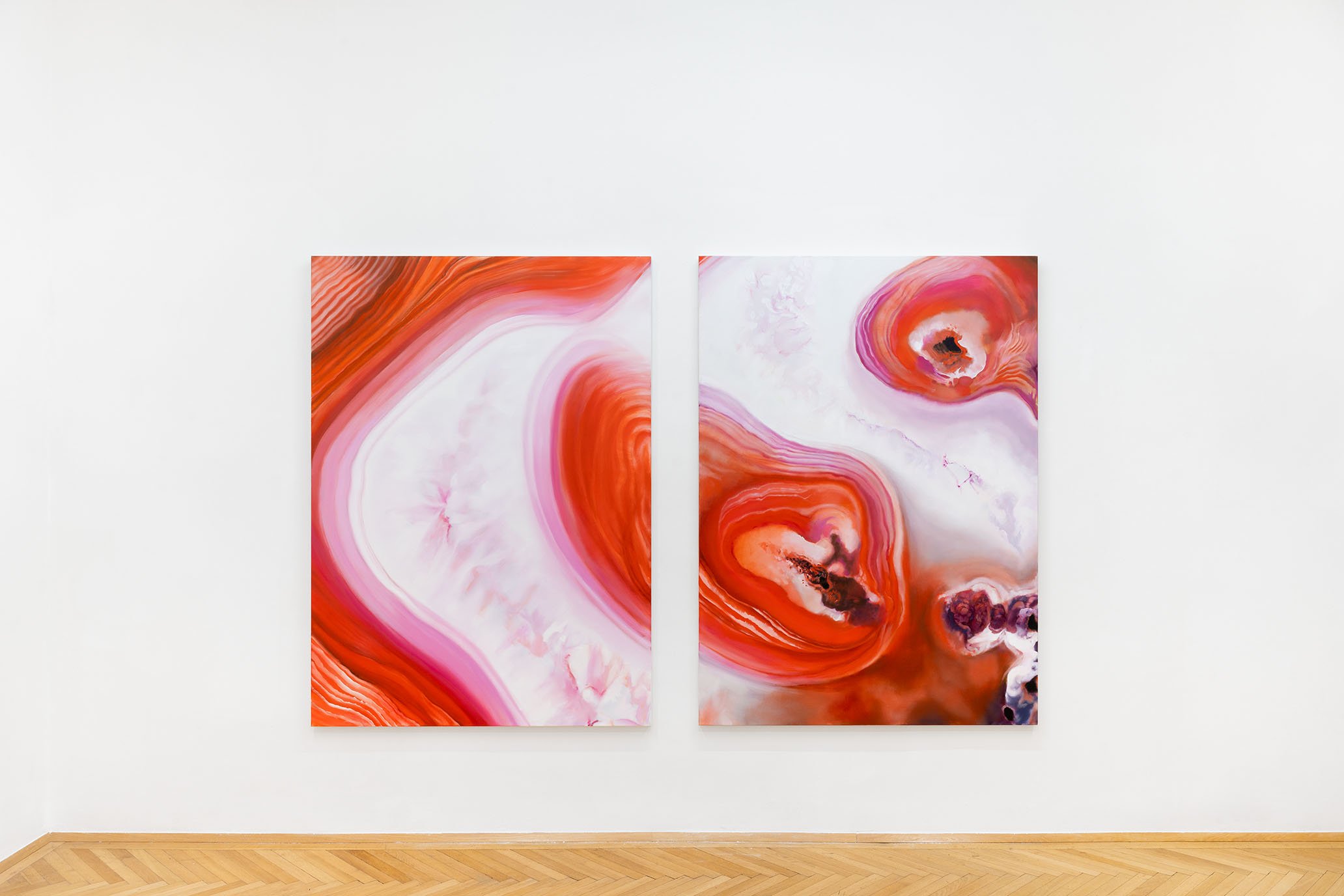
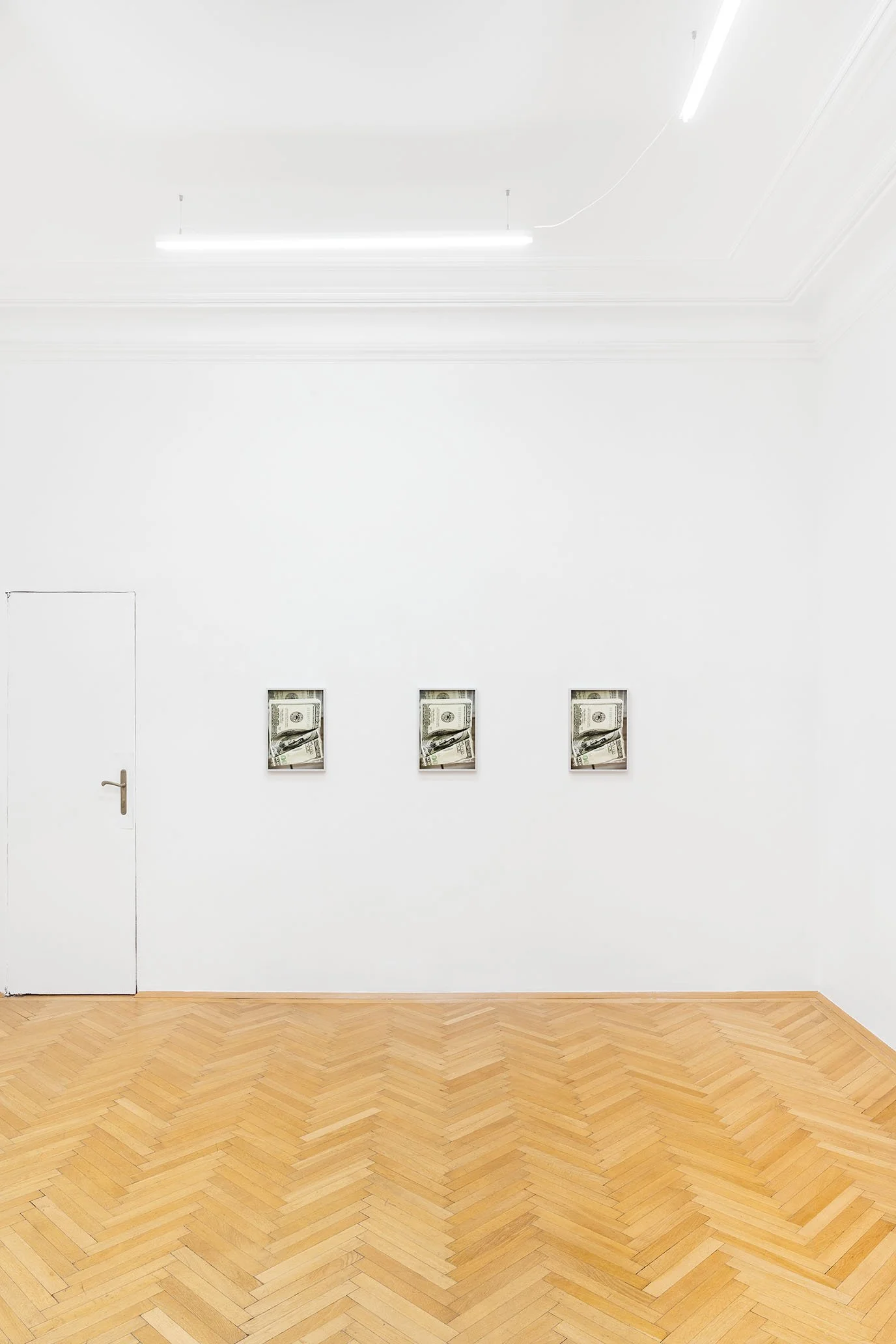
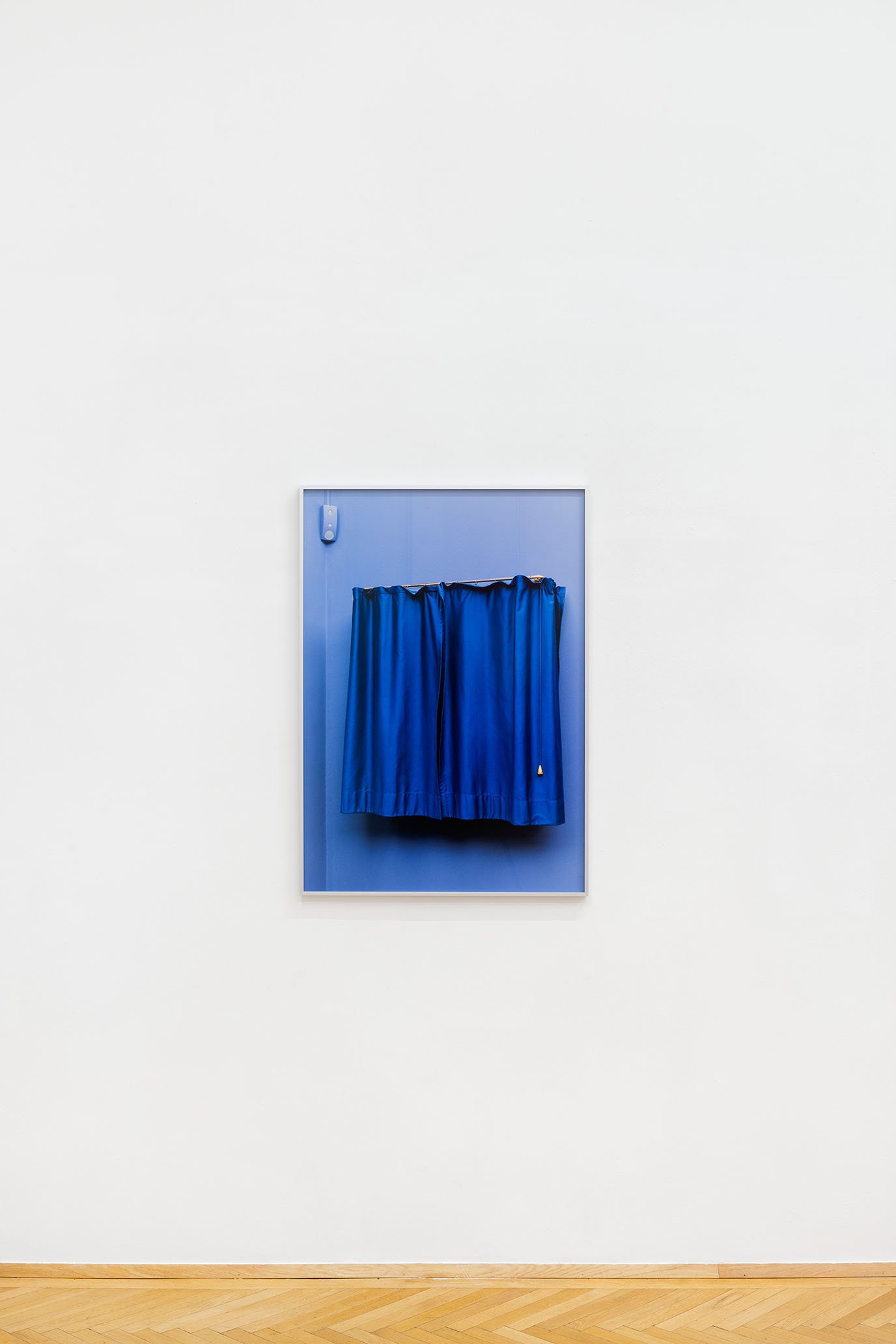
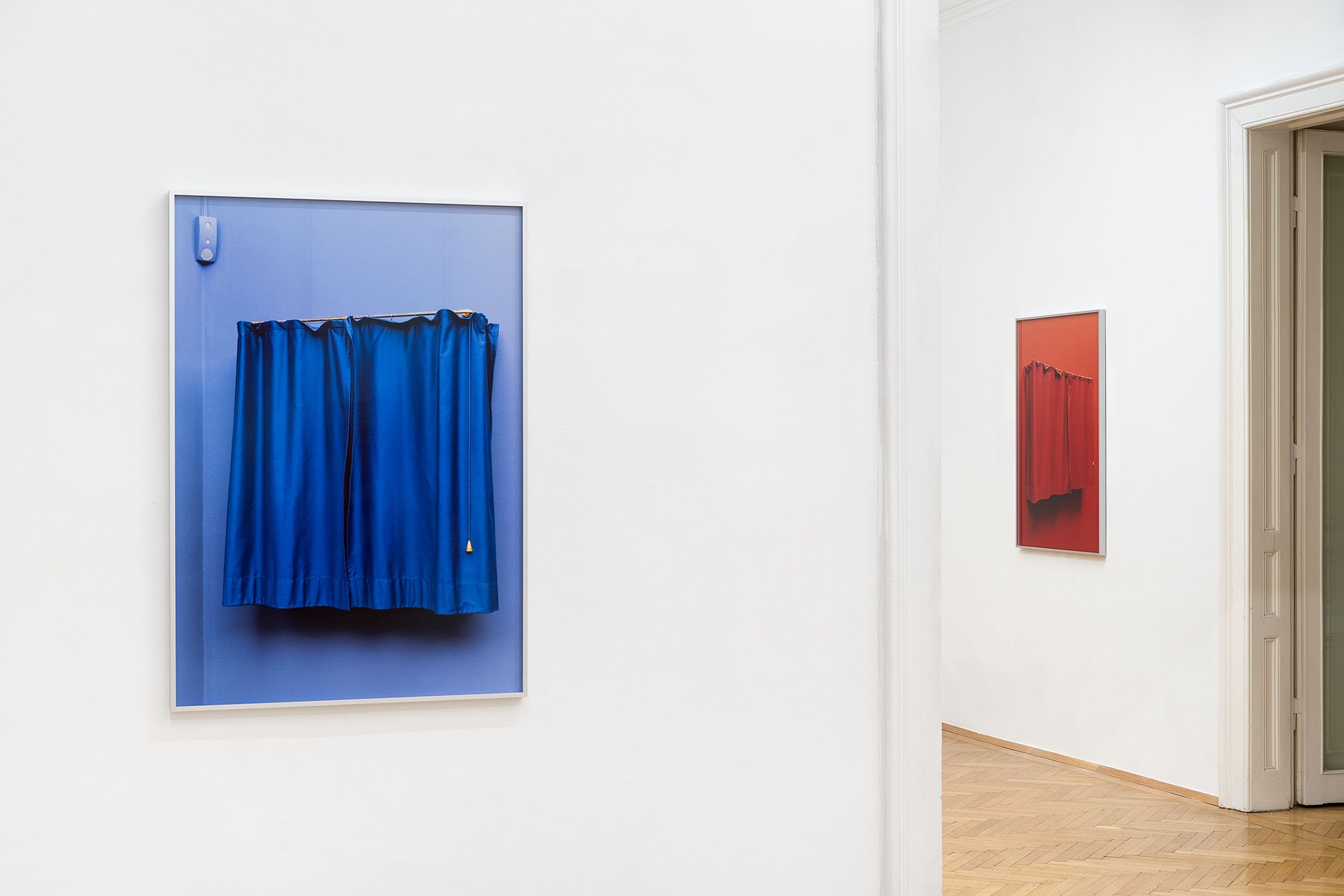
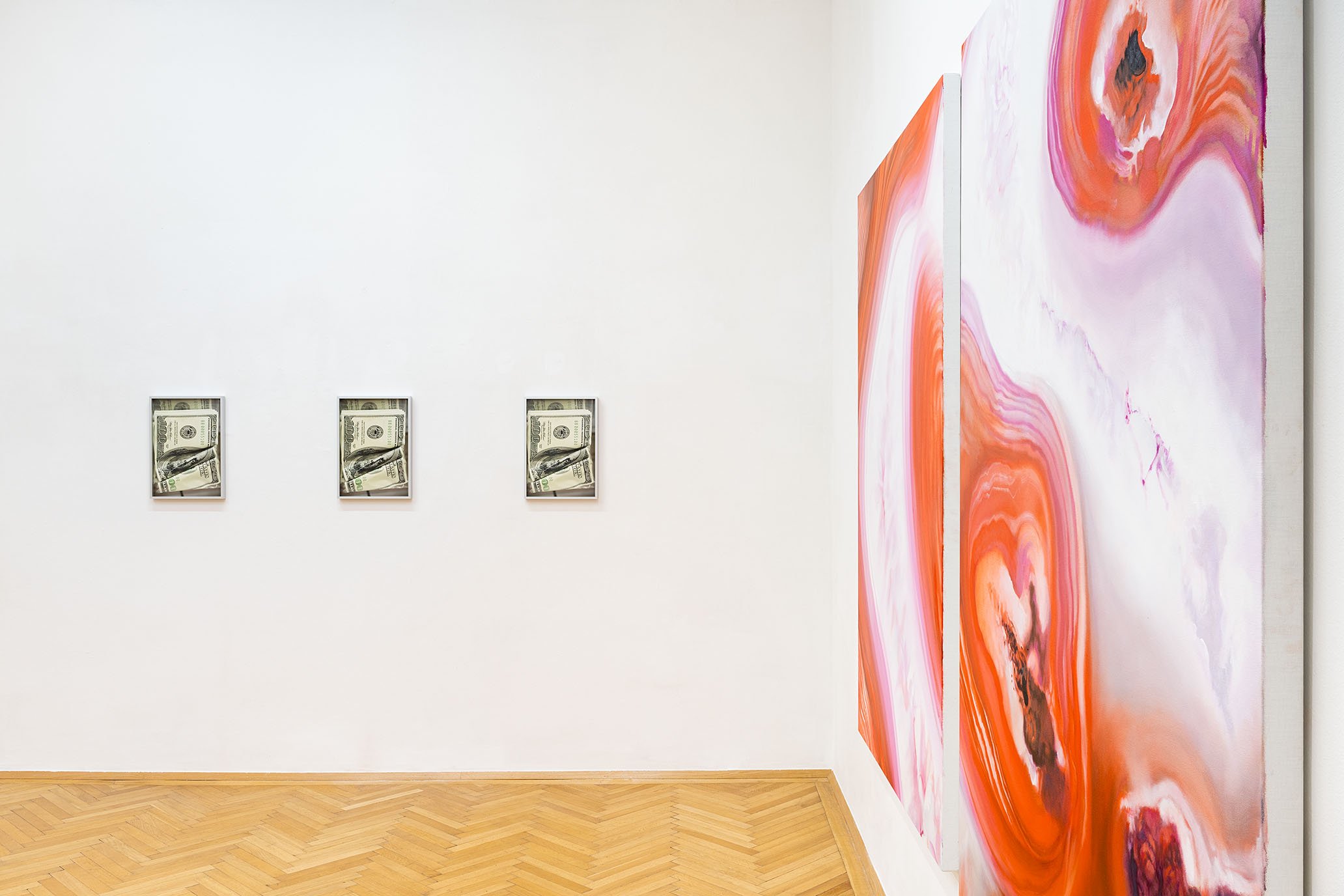
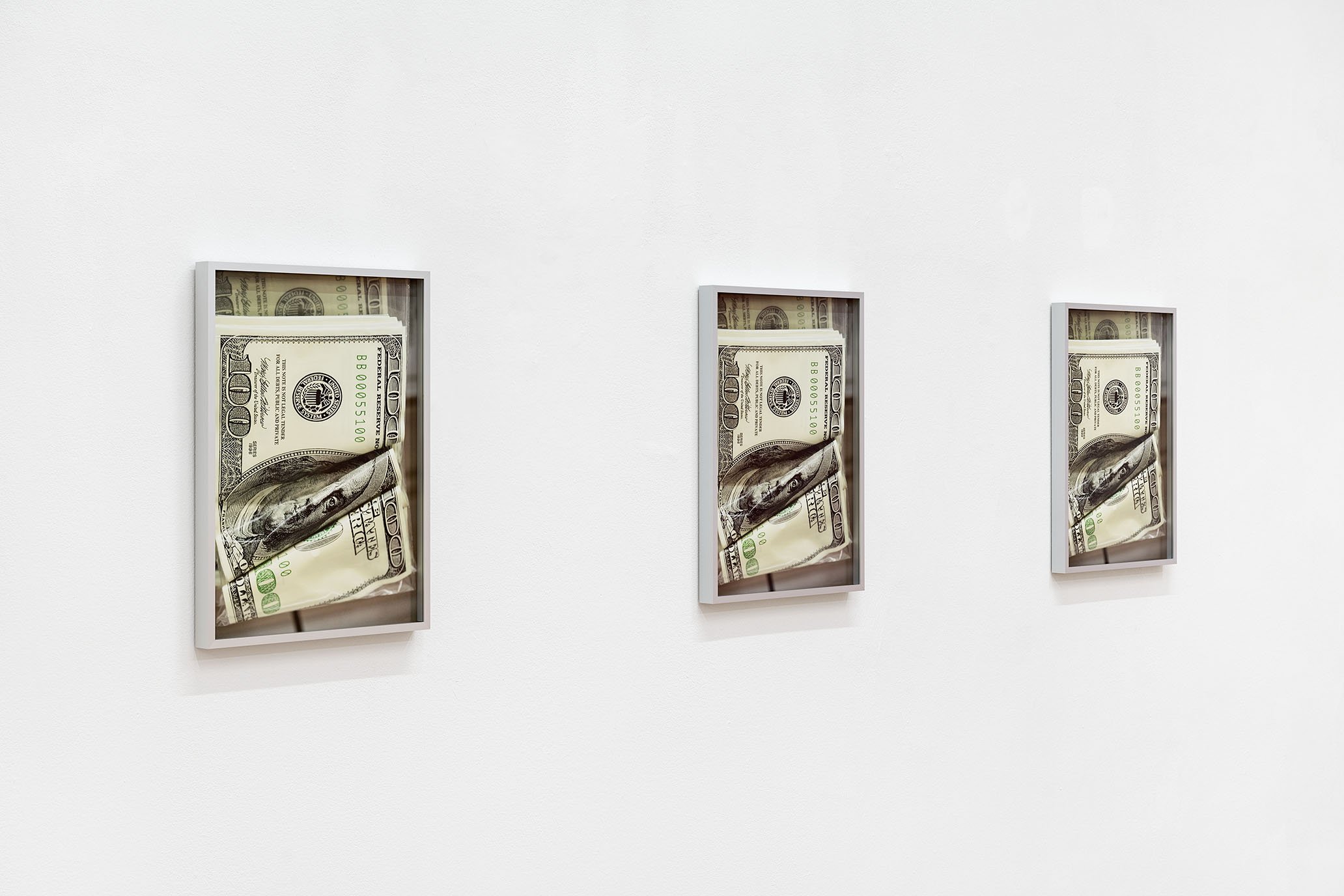
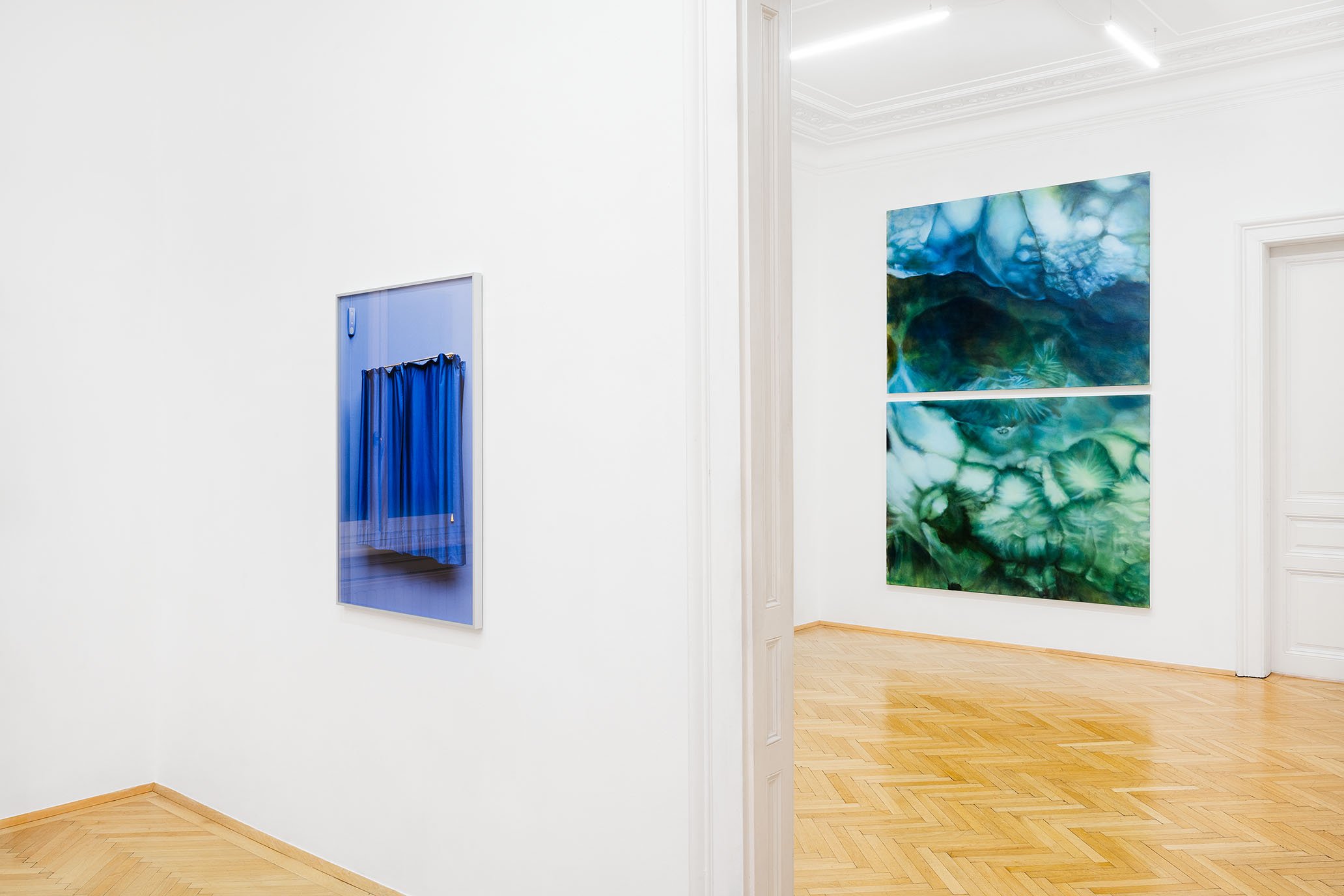
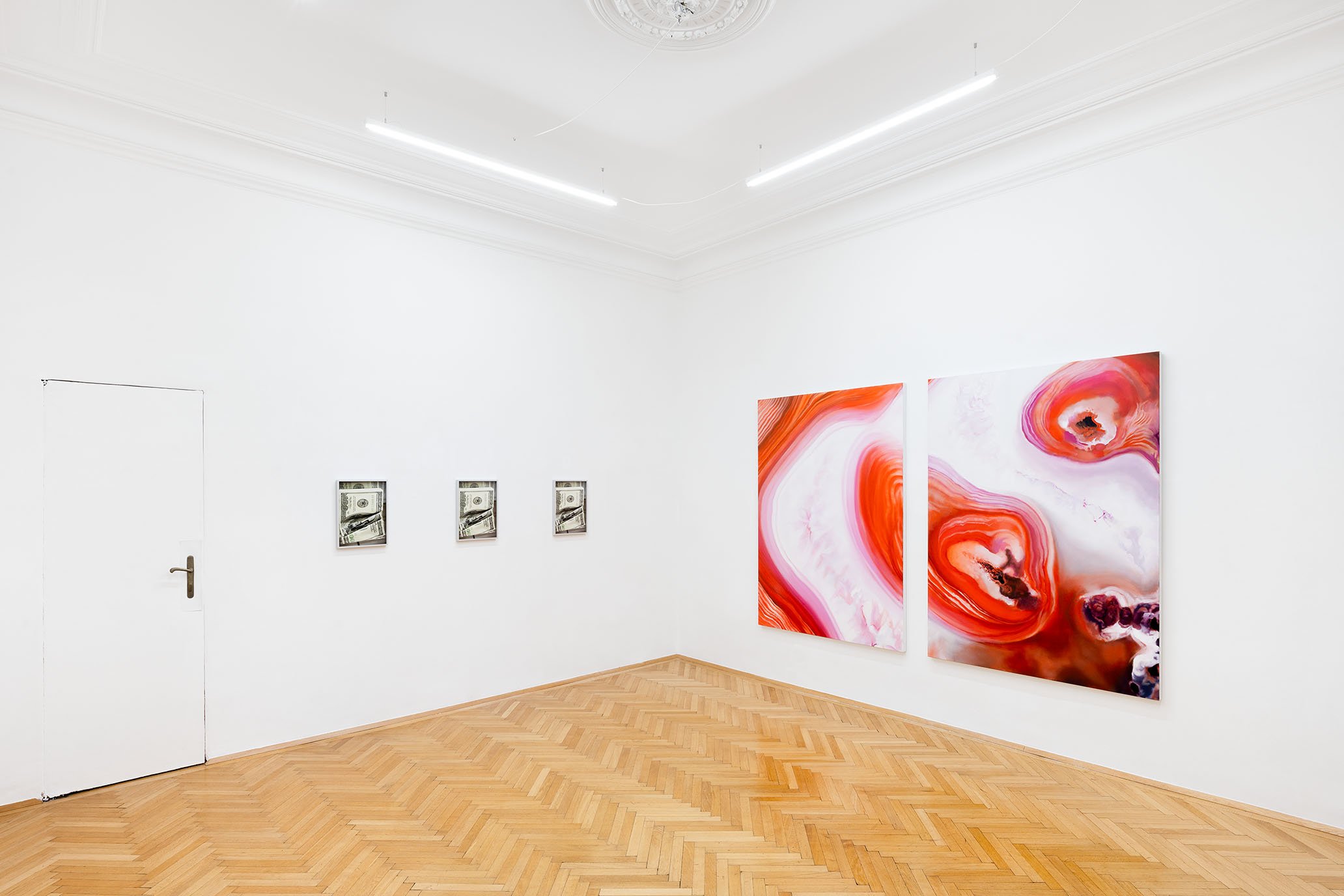
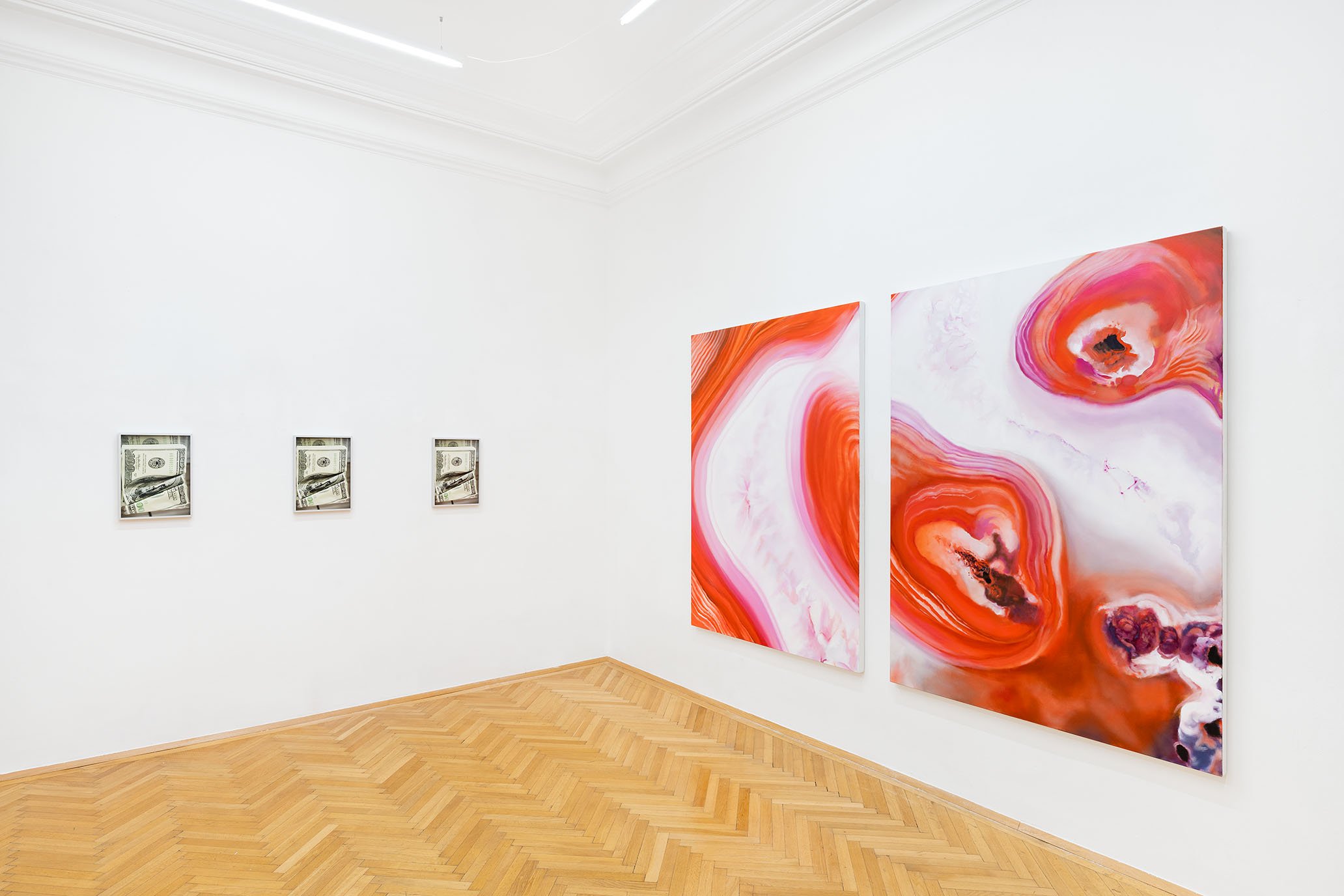
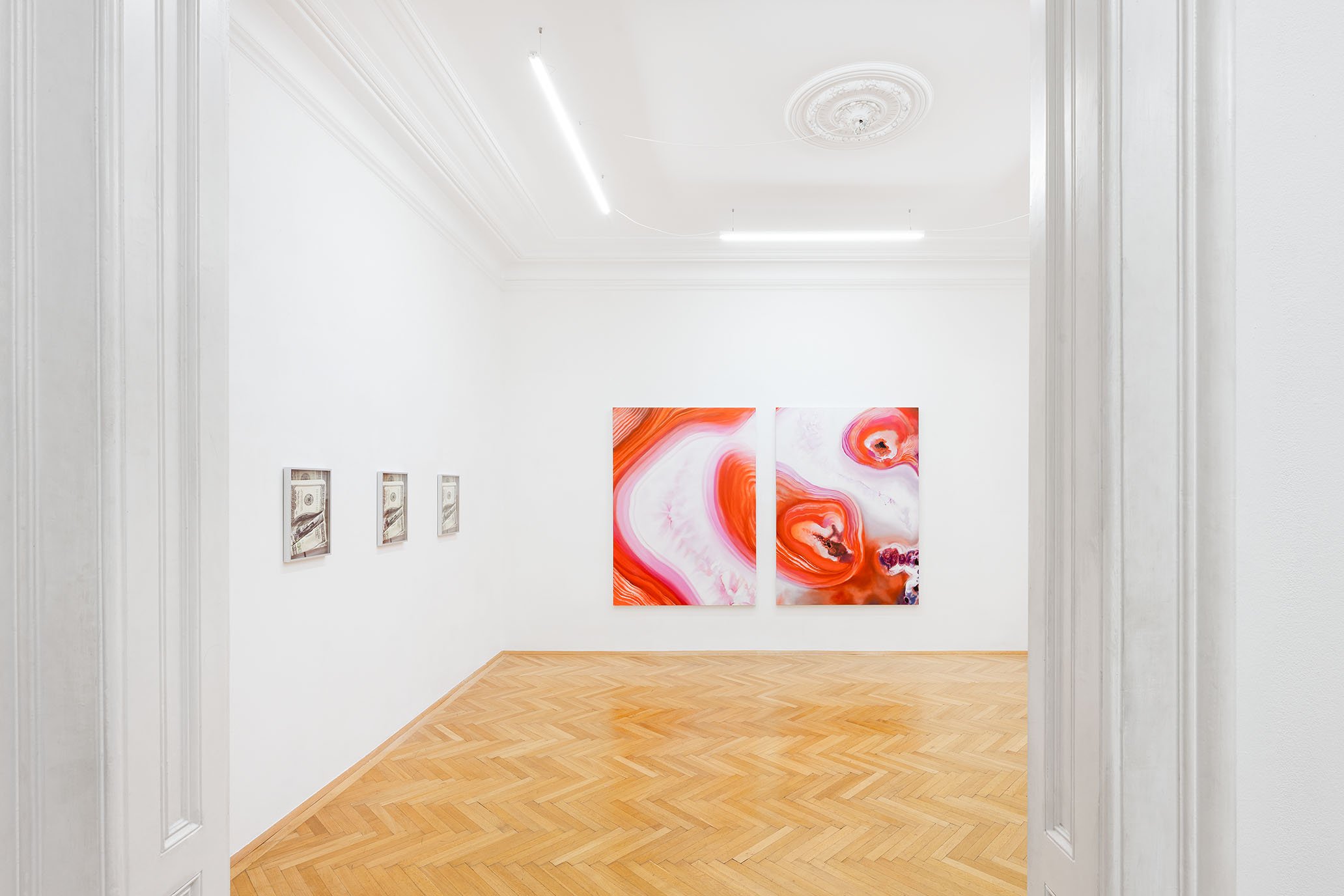
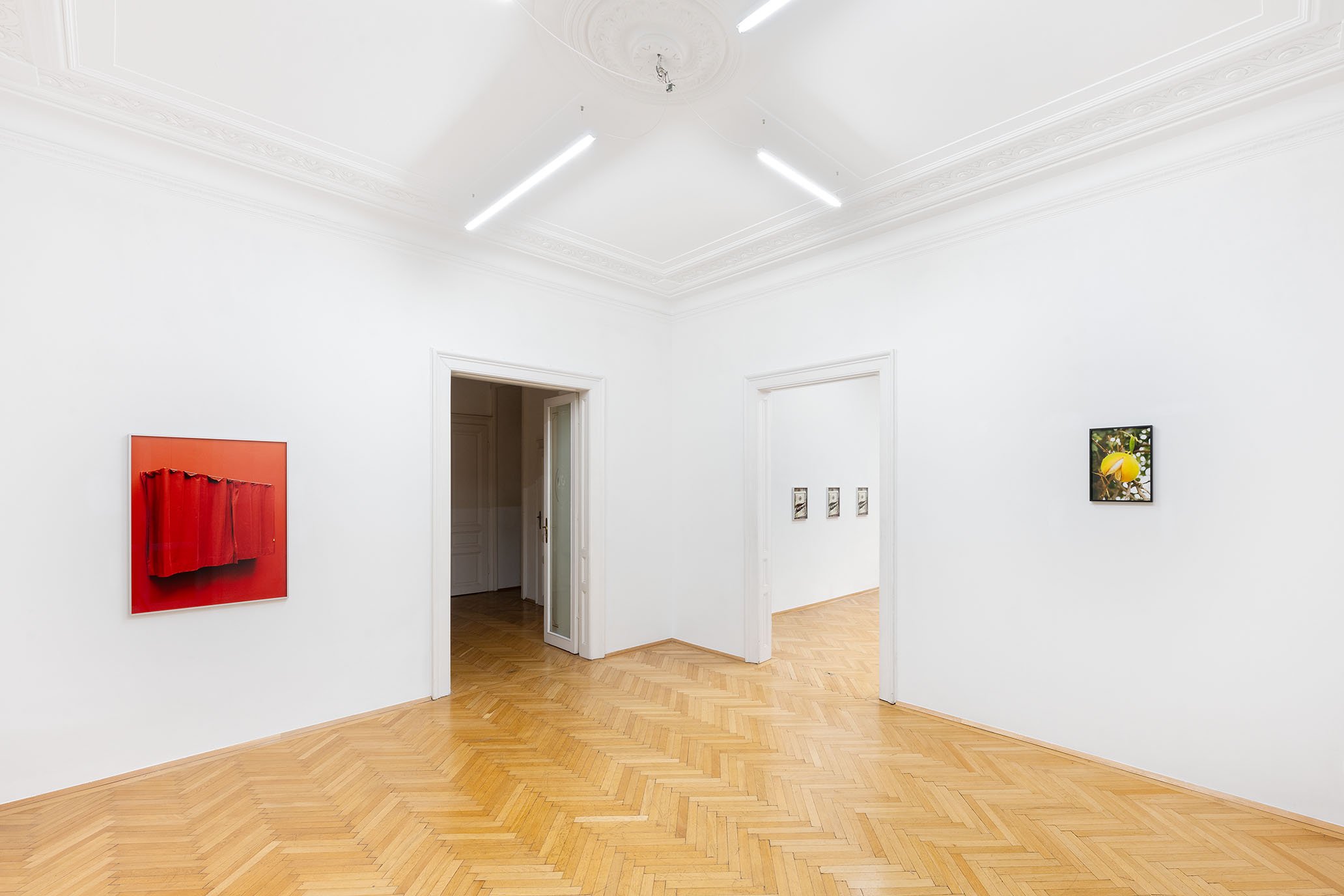
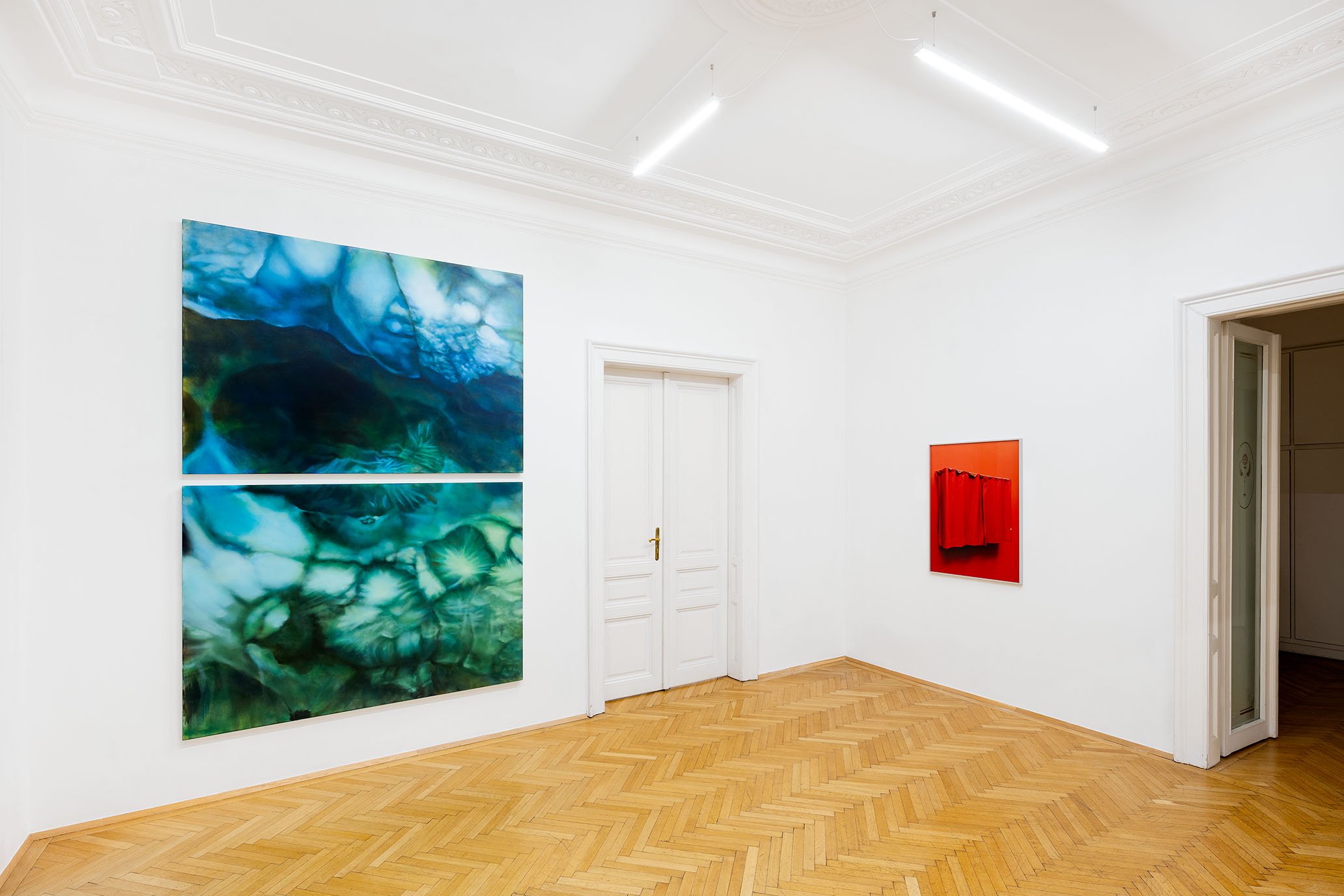
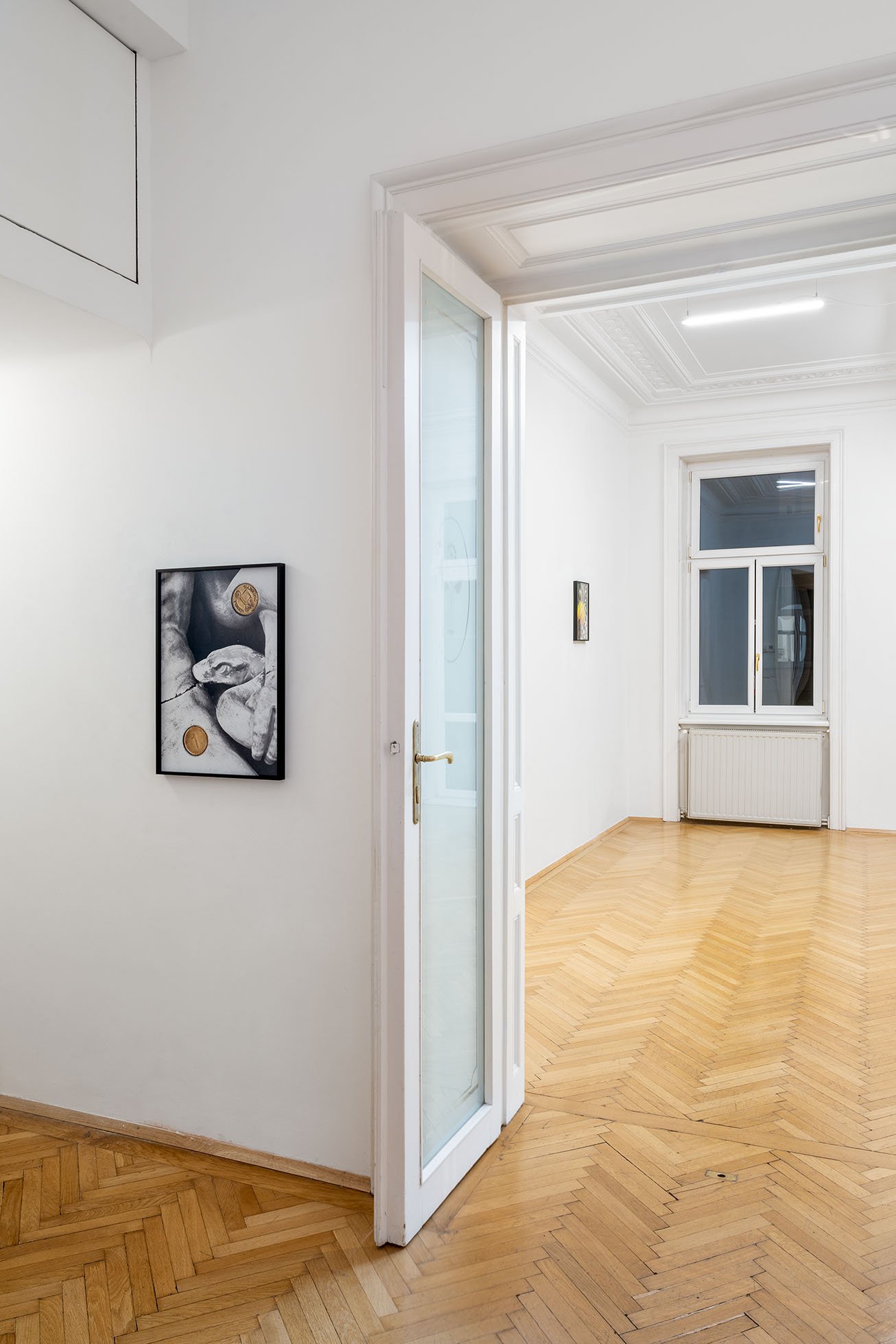
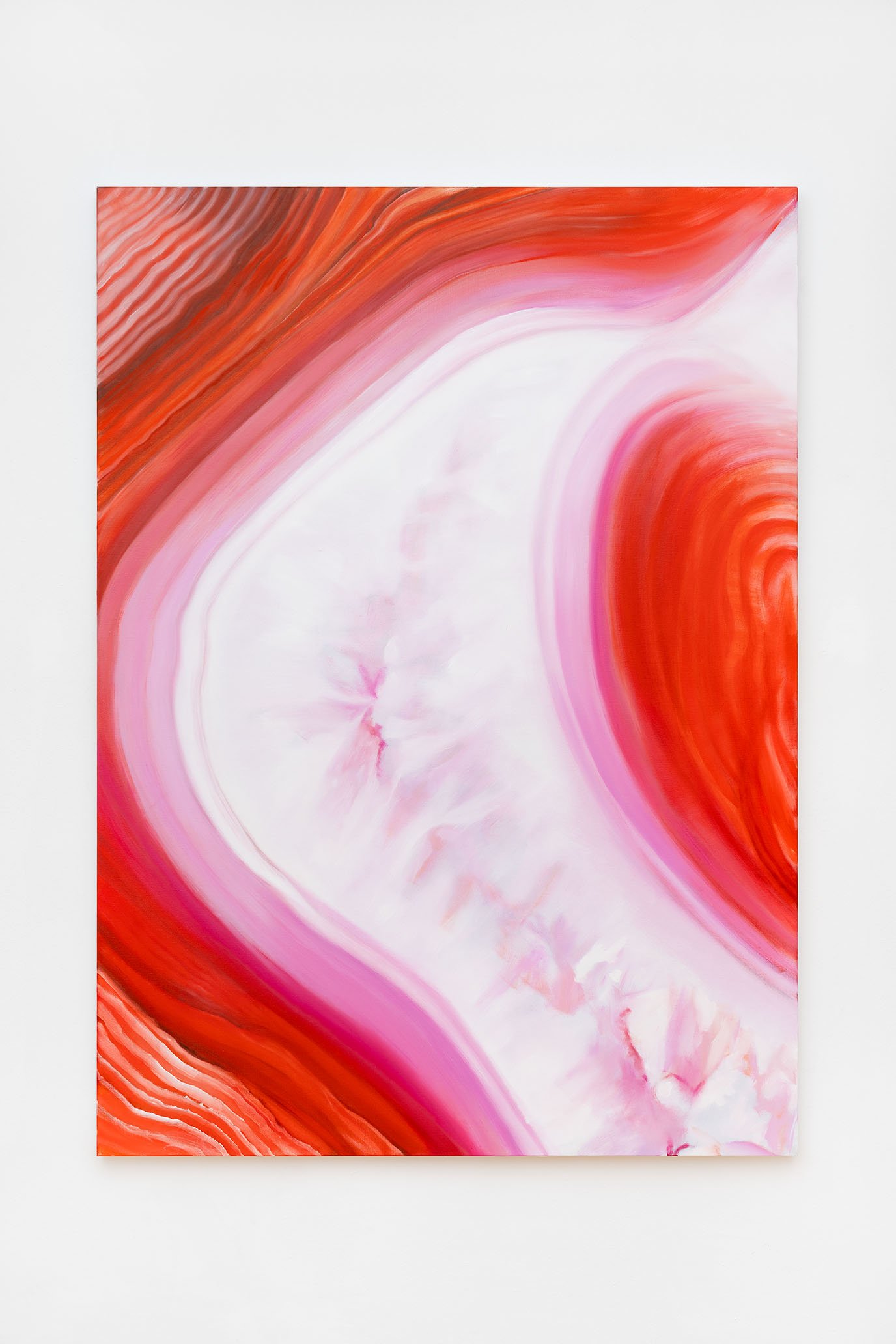
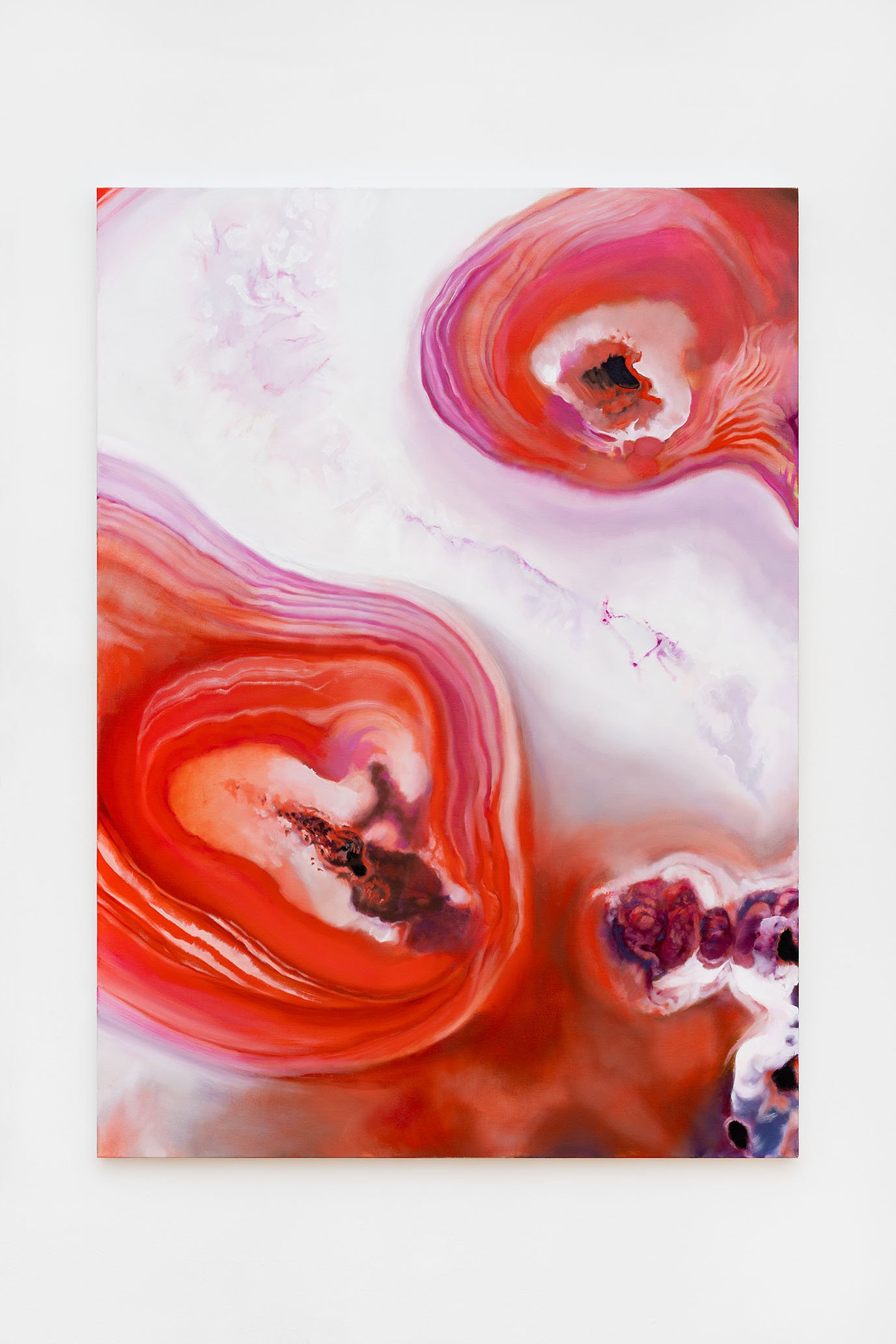
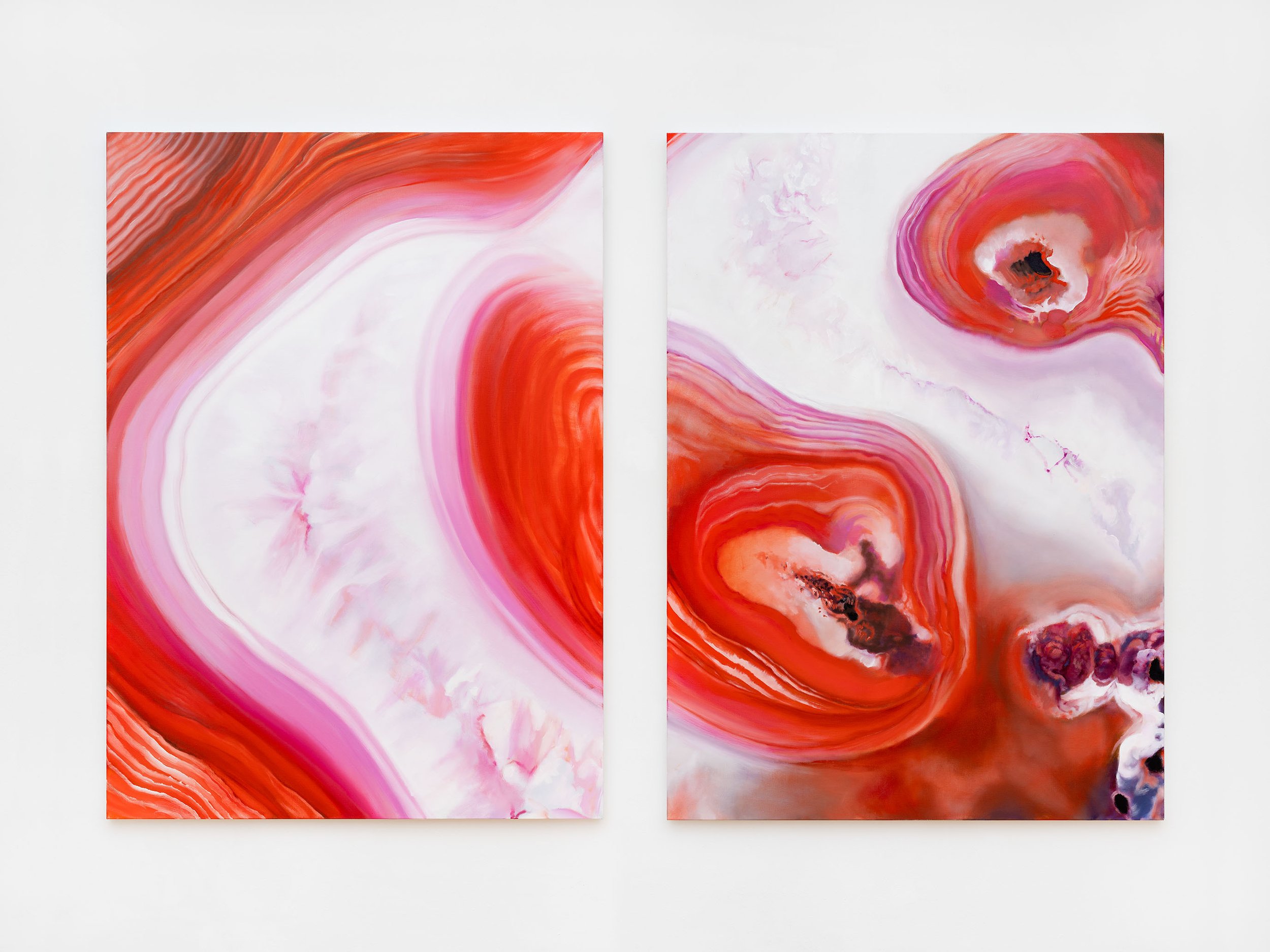
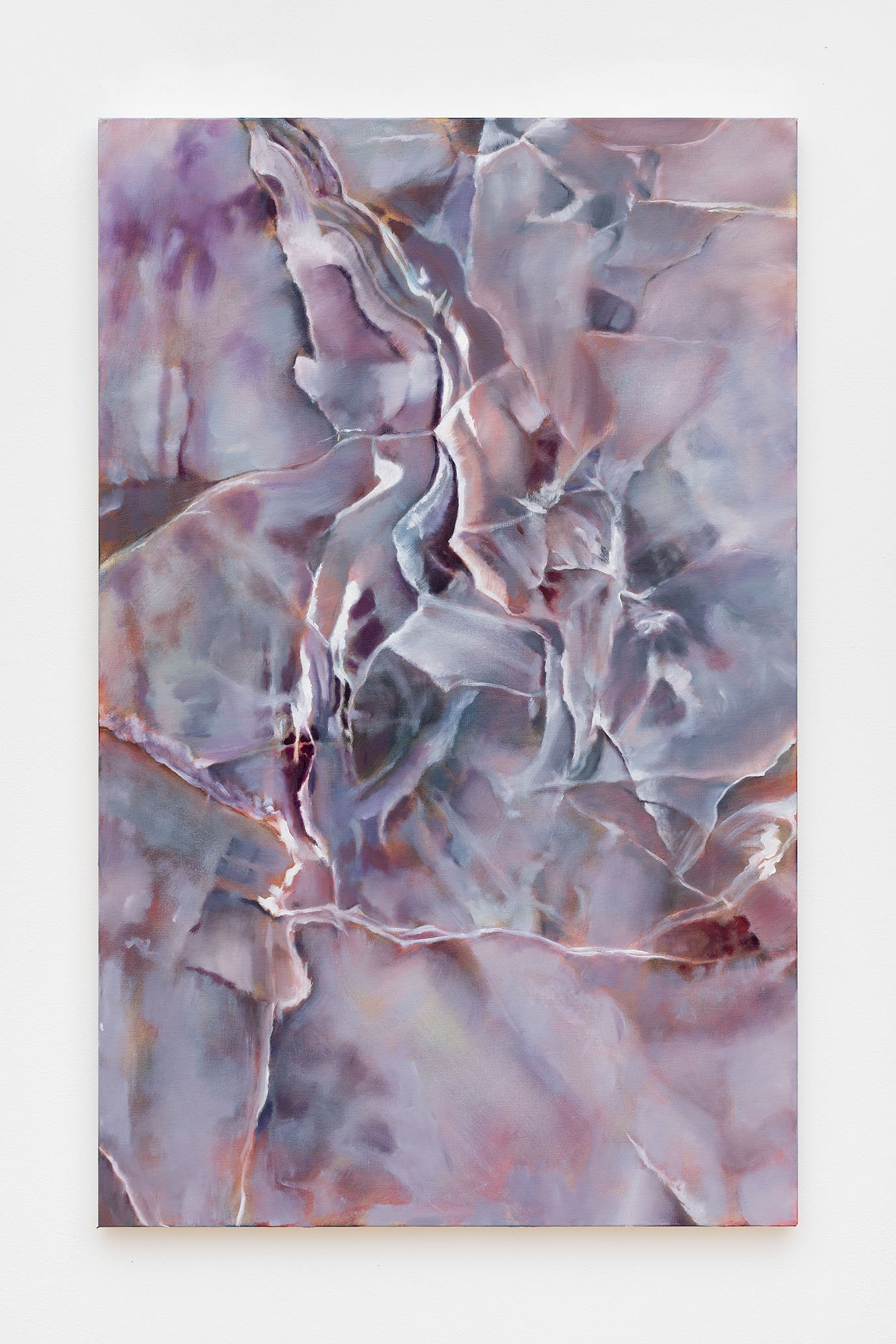
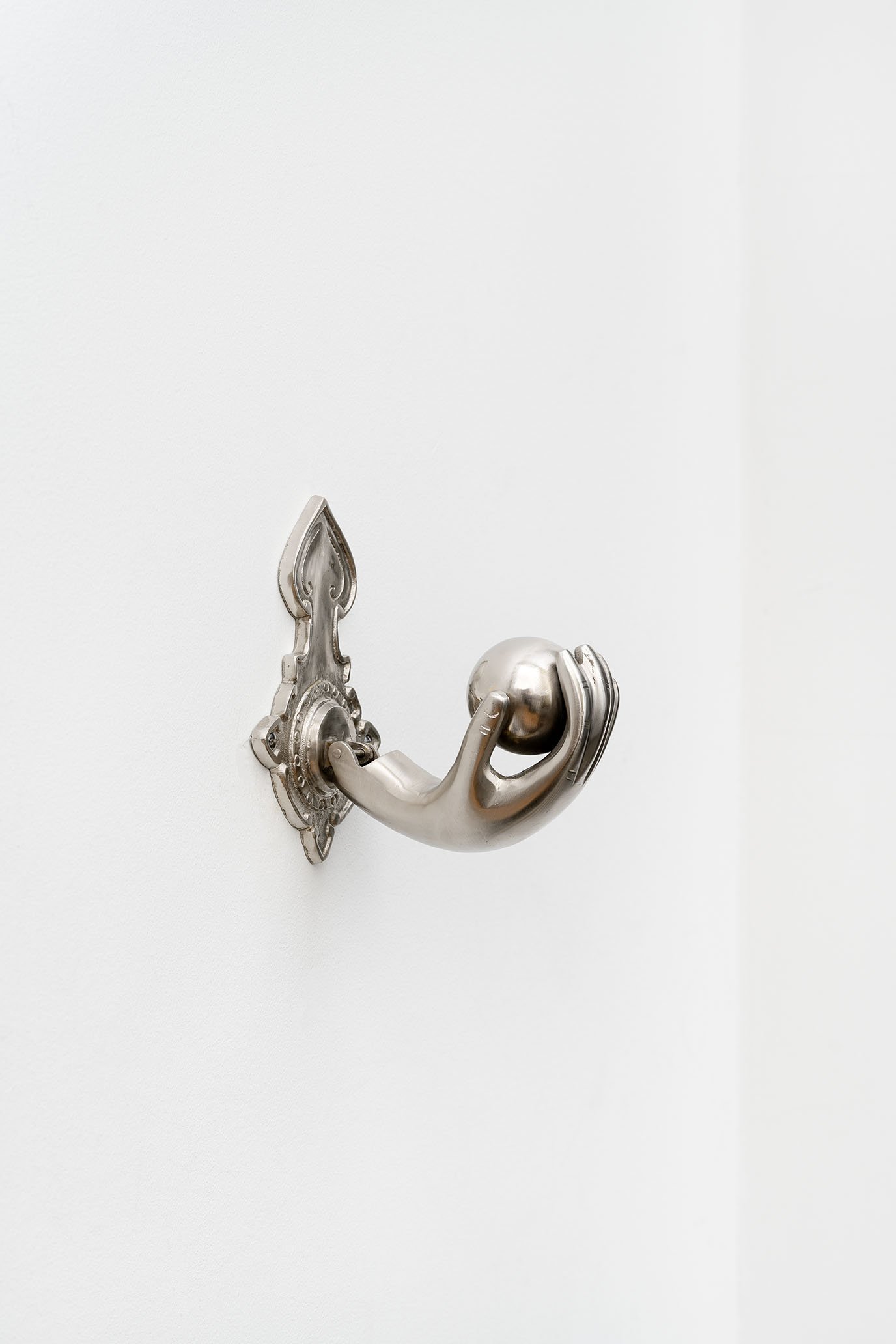
Just as style requires a distinction between metaphor and image, so does politics. A metaphor,
literally meta-phorein, saying something differently, always transfers meaning to a secondary,
signifying image – for instance by way of a comparison, Vergleich. If images, Bilder, are
instrumentally employed to designate something else – a meaning, a moral claim, a political
program – they lose their immediate mediacy. They become a disposable Bilderschatz, stock
imagery, a treasure box of images. Against such an instrumental Bildpolitik, politics of the
image, Walter Benjamin refers to Louis Aragon's concept of style according to which images
only stand for themselves without denoting another meaning outside the imagery of style.
This stance against representation and moralism aims at setting free political action from all
instrumental ideologies, theories and phantasms; political action is no longer the bearer of
something else but a disruptive opening, an image- space where all petty bourgeois moralism
becomes inoperative, where all external meaning is extinguished.
At the non-representable intersection of body, image and language, Leib, Bild und Sprache,
Benjamin locates the medial immediacy of image-space, which interrupts intellectually mediated
concepts of the political.
In contrast to traditional Marxist critiques of ideology, he asks:
Where are the conditions for revolution? In the changing of
attitudes or of external circumstances? That is the cardinal
question that determines the relation of politics to morality
and cannot be glossed over. Surrealism has come ever closer
to the Communist answer. And that means pessimism
all along the line. Absolutely. Mistrust in the fate of
literature, mistrust in the fate of freedom, mistrust in the
fate of European humanity, but three times mistrust in all
reconciliation/agreement: between classes, between nations,
between individuals.
From this follows: mistrust in all forms of political representation, all moralist concepts of
politics, and all programmatic visions for the future. The question of revolutionary conditions
cannot be posited as an alternative between economic being and ideological consciousness; the
Archimedean point of revolution can neither be deterministically deduced from 'objective'
economic conditions nor turned into a merely theoretical question of epistemology.
Phantasmagoria, dream-like fantasies, and collective dream-images can be both limiting ideology
and immediate medium for a revolutionary standstill, stasis. Consequently, the lumen, light of
the profane il-lumination is not 'made' of a correct or adequate consciousness, a knowledge about
certain things but is an immediate medium in which things and words, individuality and
collectivity, enlightened consciousness and dream-like fantasies coincide, or, more precisely,
collide – so that, as Benjamin writes, “no chink was left for the penny- in-the-slot called
‘meanings’. Image and language take precedence” daß für den Groschen ‘Sinn’ kein Spalt mehr
übrigblieb. Bild und Sprache haben den Vortritt. Vortritt, priority, precedence before what? –
Before representations, Bilderschätze, and metaphorical speech, which aims at meaning and
sense. But how are we to conceive of this space and how can political action enter it? In short,
Benjamin's answer remains pessimistic and anti-utopian: the entrance into the image-space,
Bildraum, can not be intentionally found but only unintentionally opened up by threshold
experiences, Freudian slips, and other unexpected deviations of collective political action itself.